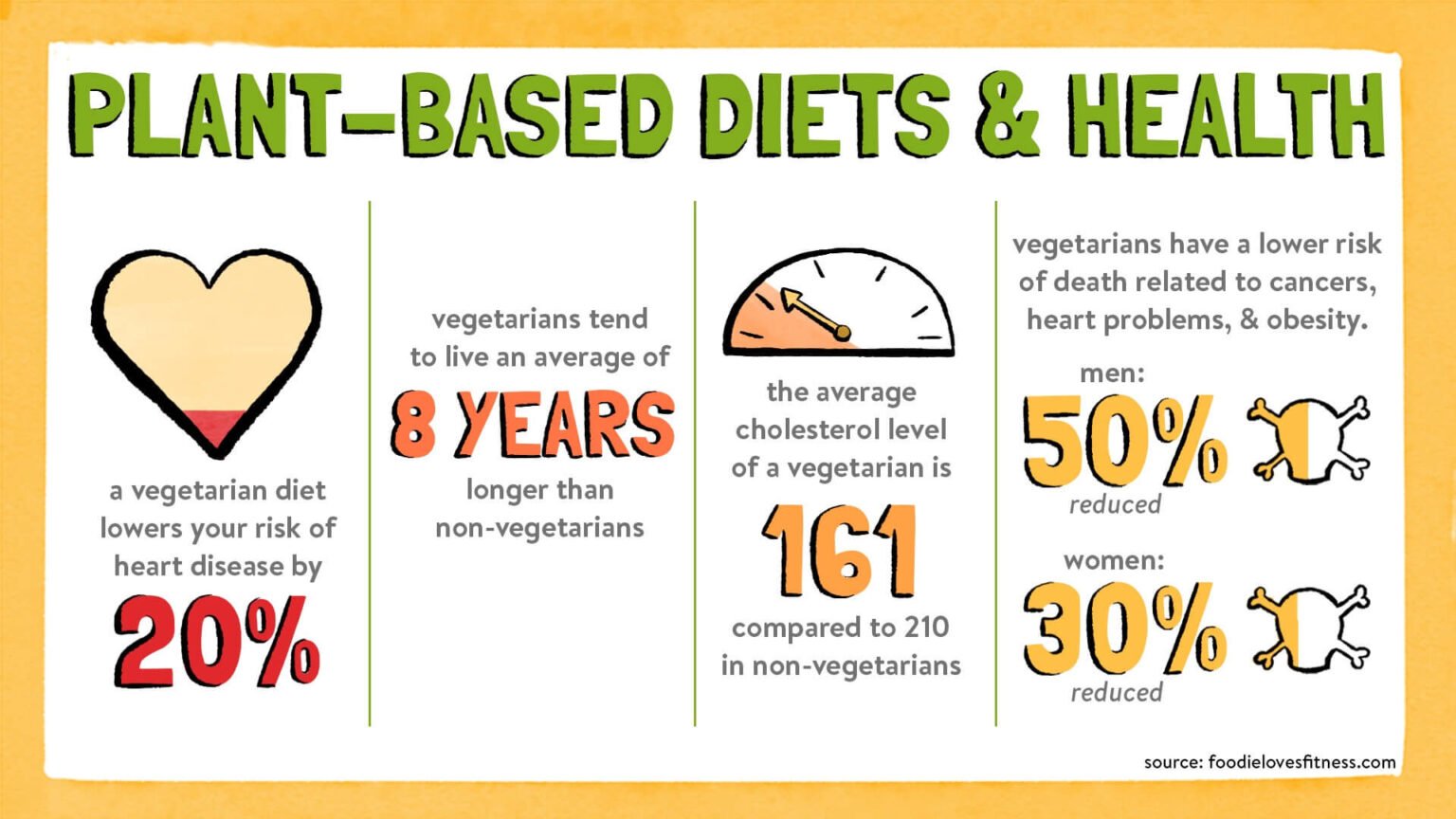Harvesting Health: The Vegan Diet Advantage

Executive Summary

A vegan diet can bring about unparalleled benefits for both your physical and mental well-being. Embracing a plant-based lifestyle provides the body with a myriad of nutrients, antioxidants, and fiber, reducing the risk of chronic diseases, enhancing cognitive function, and promoting overall vitality. This comprehensive guide explores the multifaceted advantages of a vegan diet and provides insights into the top subtopics that make it an optimal choice for a healthier life.

Introduction
In today’s fast-paced world, maintaining optimal health is paramount. The vegan diet has emerged as a transformative approach to nourish the body and mind, offering an array of benefits that extend far beyond mere sustenance. By eliminating animal products from one’s diet, individuals unlock a gateway to vibrant health and longevity.
Frequently Asked Questions
1. Is a Vegan Diet Restrictive?
Contrary to popular belief, a vegan diet is incredibly diverse and nutrient-rich. It encompasses a wide variety of plant-based foods, including fruits, vegetables, whole grains, legumes, nuts, and seeds, ensuring a balanced intake of vitamins, minerals, and essential nutrients.
2. Can I Get Enough Protein on a Vegan Diet?
Plant-based sources such as beans, lentils, tofu, tempeh, and quinoa provide ample amounts of protein. A well-planned vegan diet can easily meet the recommended daily protein intake, supporting muscle growth and repair.
3. Is a Vegan Diet Affordable?
Vegan diets can be both budget-friendly and nutritious. By focusing on whole, unprocessed plant foods, individuals can avoid costly animal products and save money while reaping the health benefits.
Subtopics of the Vegan Diet Advantage
Reduced Risk of Chronic Diseases
- Heart Health: Vegan diets are rich in fiber, antioxidants, and plant sterols, which help lower cholesterol levels and reduce the risk of heart disease.
- Cancer Prevention: The high fiber content of vegan diets promotes satiety, reducing the risk of obesity and certain types of cancer, such as colon and breast cancer.
- Diabetes Management: Plant-based diets have a low glycemic index, which helps regulate blood sugar levels and reduces the risk of developing type 2 diabetes.
Enhanced Cognitive Function
- Improved Memory: Vegan diets are rich in antioxidants and anti-inflammatory compounds, which protect brain cells and improve cognitive function.
- Reduced Risk of Dementia: The high fiber content of vegan diets may help reduce the risk of developing cognitive decline and Alzheimer’s disease.
- Increased Brain Energy: Fruits, vegetables, and whole grains provide essential nutrients that support brain metabolism and enhance mental clarity.
Weight Management
- High Fiber: Vegan diets are naturally high in fiber, which promotes satiety and helps individuals feel fuller for longer, reducing calorie intake.
- Reduced Calorie Density: Plant-based foods are generally lower in calories than animal products, making it easier to maintain a healthy weight.
- Increased Metabolism: Vegan diets may boost metabolism due to the higher intake of plant-based proteins and fiber.
Improved Mood and Energy Levels
- Reduced Inflammation: Vegan diets are rich in antioxidants and anti-inflammatory compounds, which help reduce inflammation throughout the body, improving mood and energy levels.
- Increased Vitamin B12: Plant-based sources of vitamin B12, such as fortified foods or supplements, are essential for energy production and mood regulation.
- Reduced Stress: The high fiber content of vegan diets promotes gut health, which is linked to reduced stress levels and improved mood.
Environmental Sustainability
- Reduced Carbon Footprint: Animal agriculture is a major contributor to greenhouse gas emissions. Adopting a vegan diet helps reduce the environmental impact of food production.
- Water Conservation: Plant-based foods require less water to produce than animal products, conserving valuable water resources.
- Land Conservation: Vegan diets require less land for food production, protecting biodiversity and ecosystems.
Conclusion
Embracing a vegan diet offers a multitude of benefits for both physical and mental well-being. By reducing the risk of chronic diseases, enhancing cognitive function, and promoting weight management, a vegan lifestyle empowers individuals to live healthier, more vibrant lives. Additionally, it supports environmental sustainability and ethical considerations. As the research on the vegan diet continues to grow, its transformative power becomes increasingly evident. Choosing a plant-based path is an investment in a healthier future for both ourselves and our planet.
Relevant Keyword Tags
- Vegan Diet
- Health Benefits
- Reduced Chronic Disease Risk
- Enhanced Cognitive Function
- Weight Management